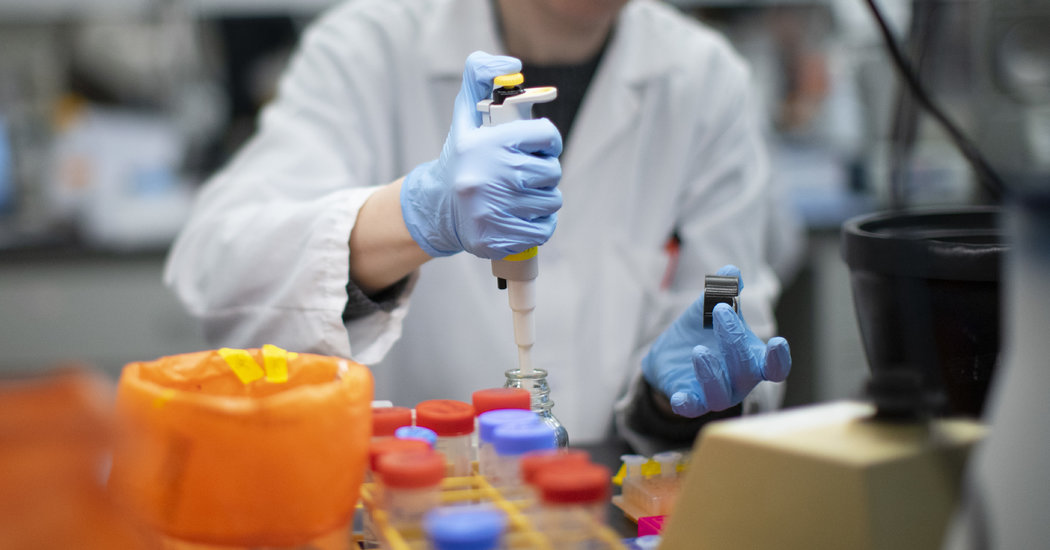Graduate School Prepared Me to Self-Quarantine
You learned a lot about social distancing when you wrote a dissertation. That experience can help you get through this pandemic crisis.
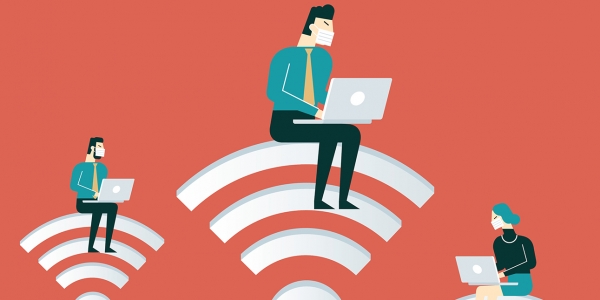
opinion articles
Send us a link
You learned a lot about social distancing when you wrote a dissertation. That experience can help you get through this pandemic crisis.

As the scientific community adapts to new working conditions in response to the growing pandemic, early-career researchers recommend actions to help lessen the unintended consequences of canceled conferences.
Teamwork is an essential component of science. It affords the exchange of ideas and the execution of research that can entail high levels of complexity and scope.

Non-tenure track faculty at community and city colleges across the country told Motherboard they have not received sufficient pay, training, or equipment to teach classes online-and the consequences could be devastating for students.
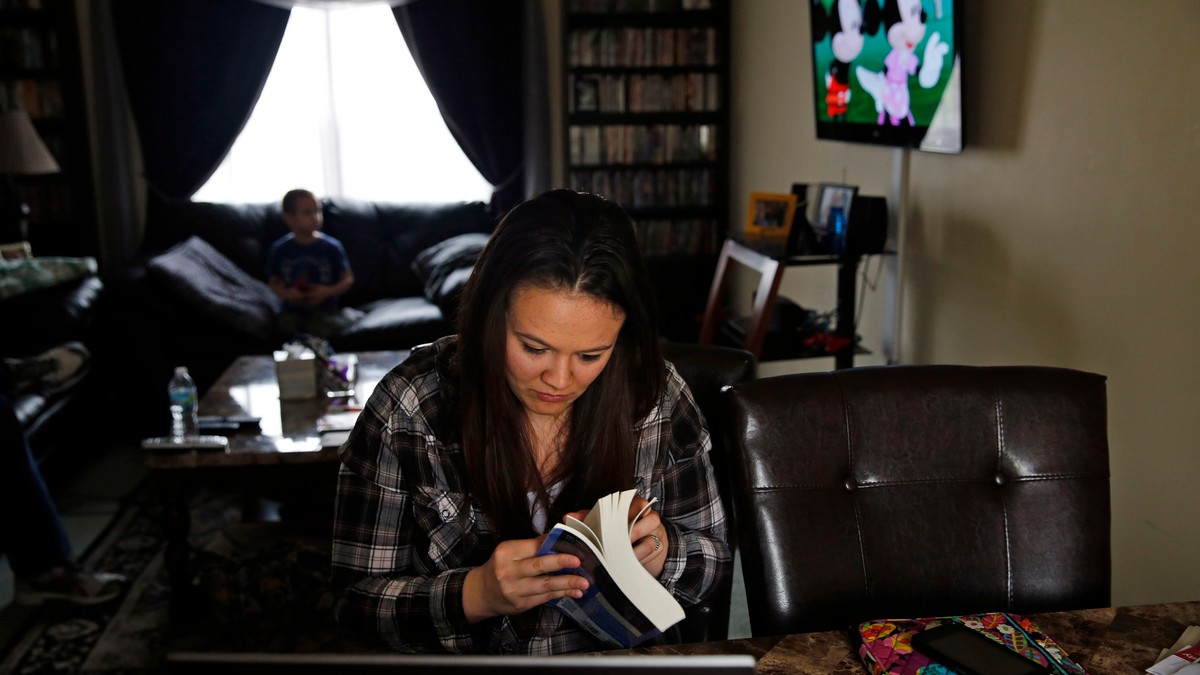
The race to find a vaccine for COVID-19 exemplifies why rapid and unrestricted access to scientific research and educational materials is vital.
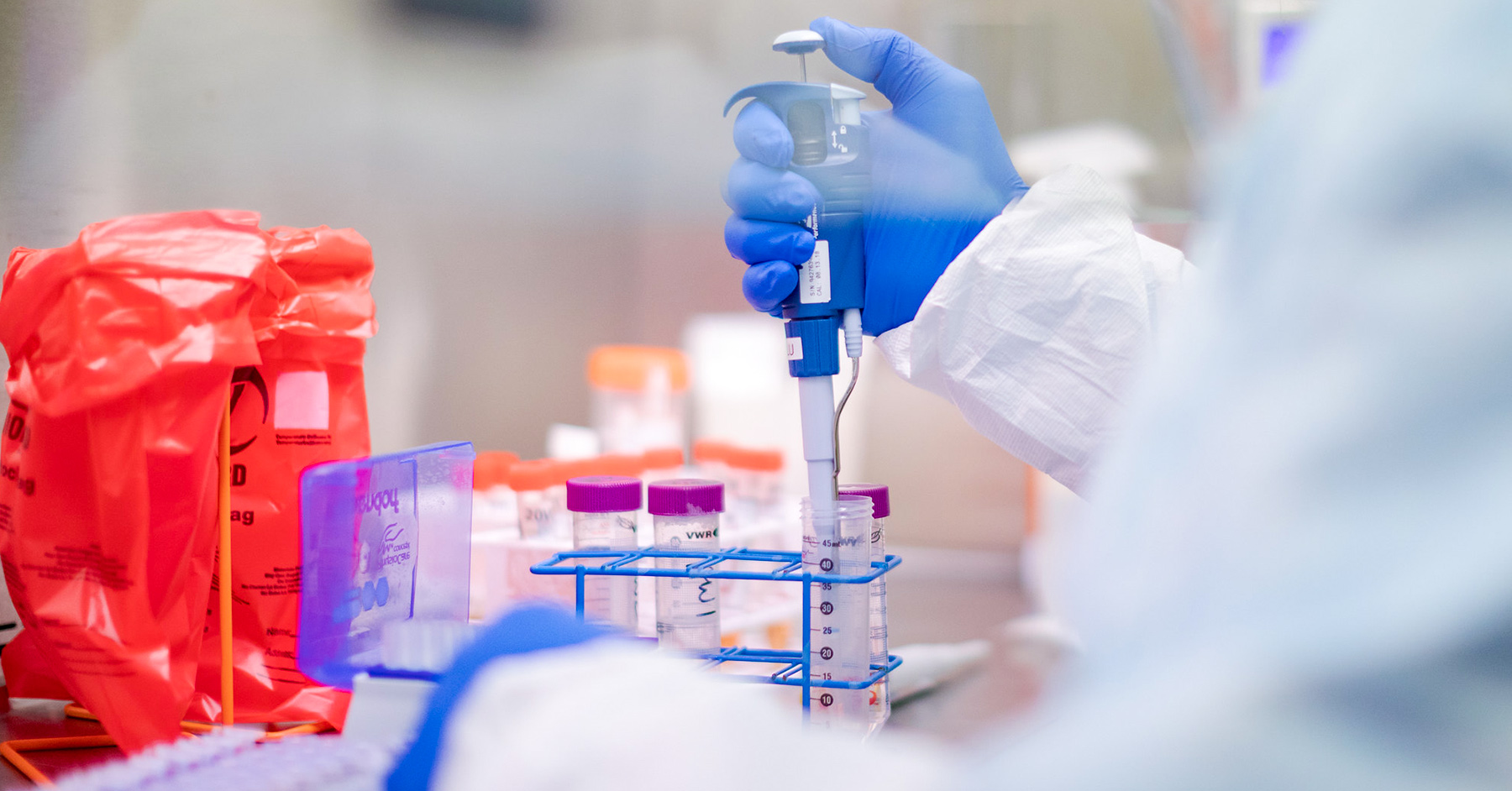
The U.S. National Institutes of Health (NIH) is in the midst of digesting public comments toward finalizing a data sharing policy. Although the draft policy is generally supportive of data sharing, it needs strengthening if we are to collectively achieve a long-standing vision of open science built on the FAIR principles.
The Environmental Protection Agency moved today to restrict the types of research that can be used in public health protection decisions and scientific assessments. In the midst of the coronavirus pandemic, the agency is recklessly giving the public just 30 days to comment on this sweeping proposal.

Scientists are rapidly analyzing genetic samples from infected patients and sharing the data. But to move too fast is to risk making mistakes.
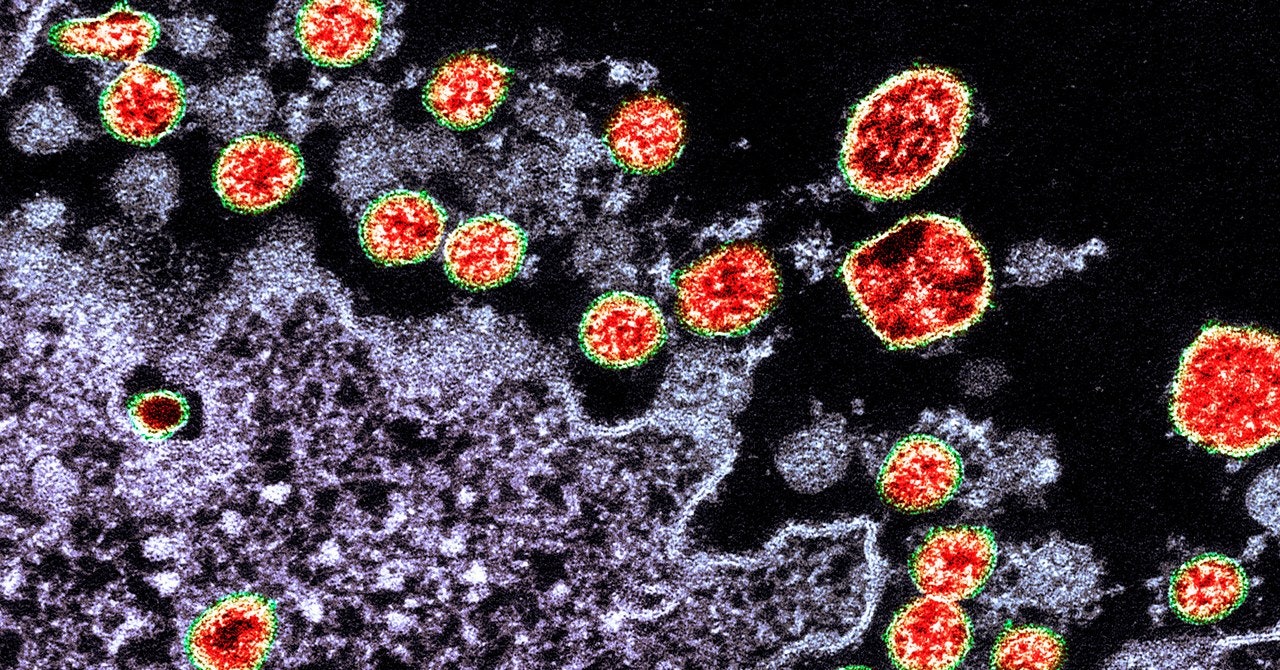
The future European Open Science Cloud (EOSC) can be the answer to societal challenges as they emerge. The goal of EOSC is to open up all scientific data and publications and combine the results to drive new discoveries and tackle key societal challenges.
How do government, public policy development processes, and science interact? How can scientists engage with the policy world? How do politics, evidence and the logistics of delivery play into policymaking decisions?
Giving the keynote address at the 2020 Centre for Science and Policy Annual Lecture, Dame Sally shared her behind-the-scenes account of her work on antimicrobial resistance (AMR) as the UK’s Chief Medical Officer, while reflecting on what it takes to get the right science to inform the right policy questions at the right time.
As the Board of Reviewing Editors reaches 500, we reflect on recent recruitment efforts.
When science is viewed in isolation from the past and politics, it's easier for those with bad intentions to revive dangerous and discredited ideas.
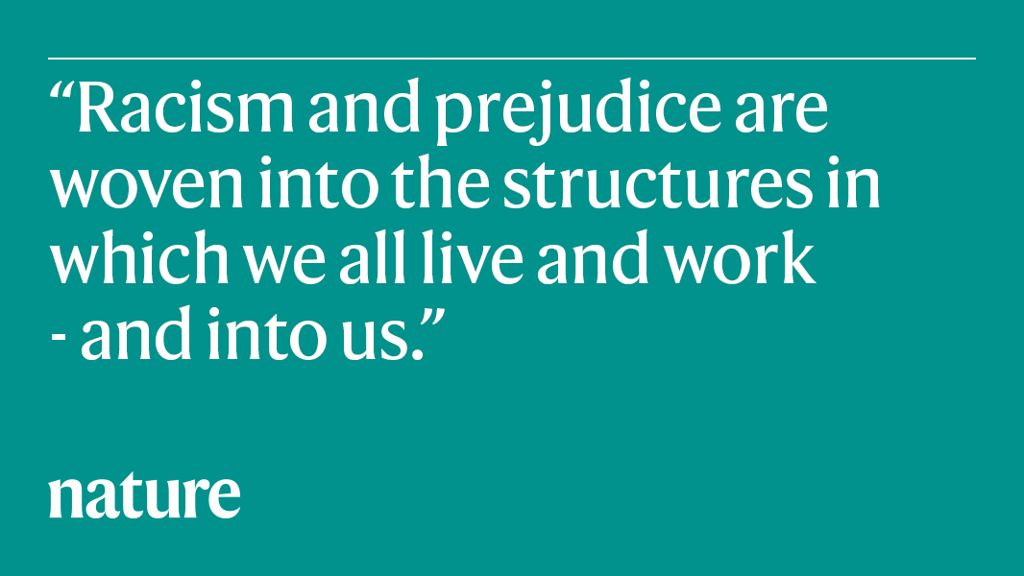
The volume of data stored in research institutions is growing, and the rate at which it is growing is accelerating. Spending and effort and resources are being duplicated needlessly, and so this opinion piece argues for the establishment of a national infrastructure for research data management.
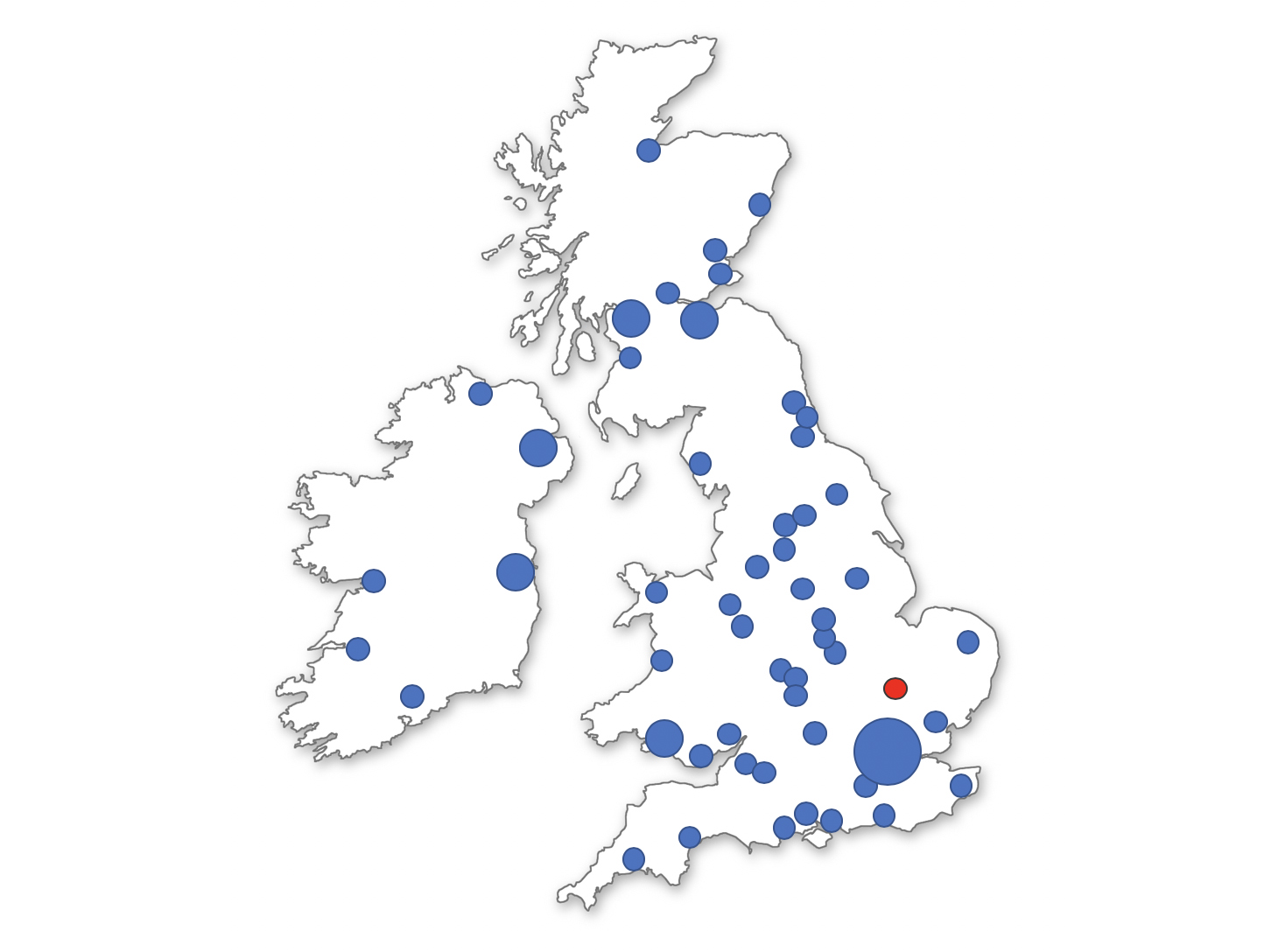
News organizations should take political reporters – and perhaps even more importantly, political editors – entirely out of the loop on this story. It’s too important to be covered as a two-sided battle over who’s winning the narrative.
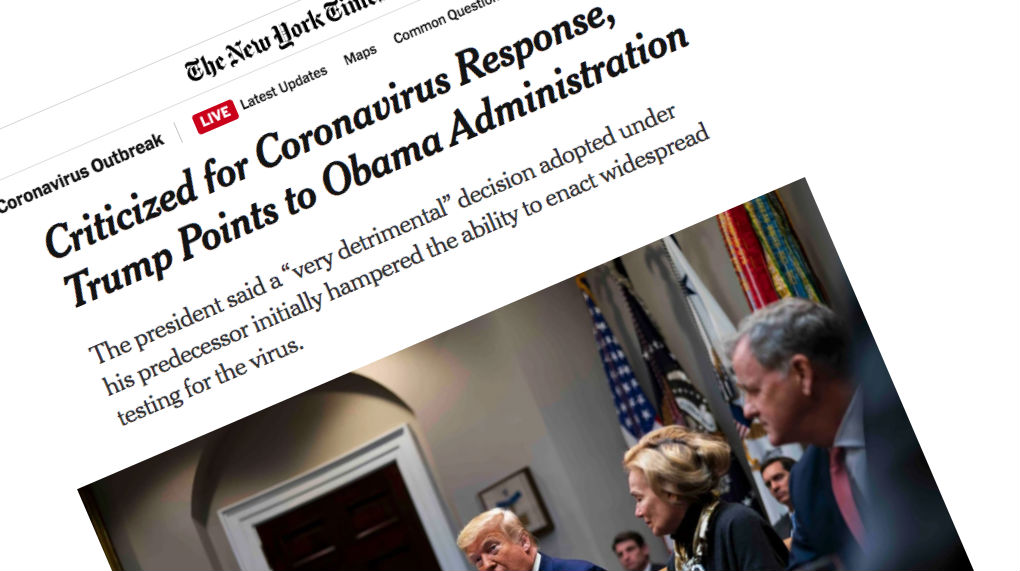
Jonathan Tennant's latest book, The [R]evolution of Open Science, is now available online for free.
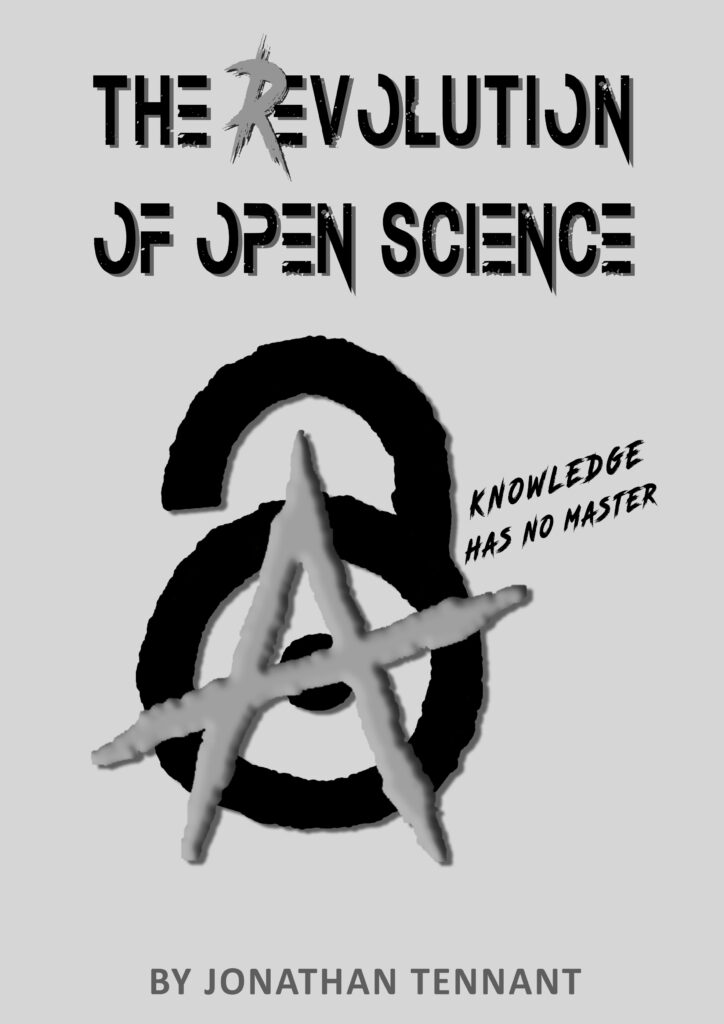
Women are seriously under-represented in the engineering world - but they can problem-solve from a uniquely impactful perspective.
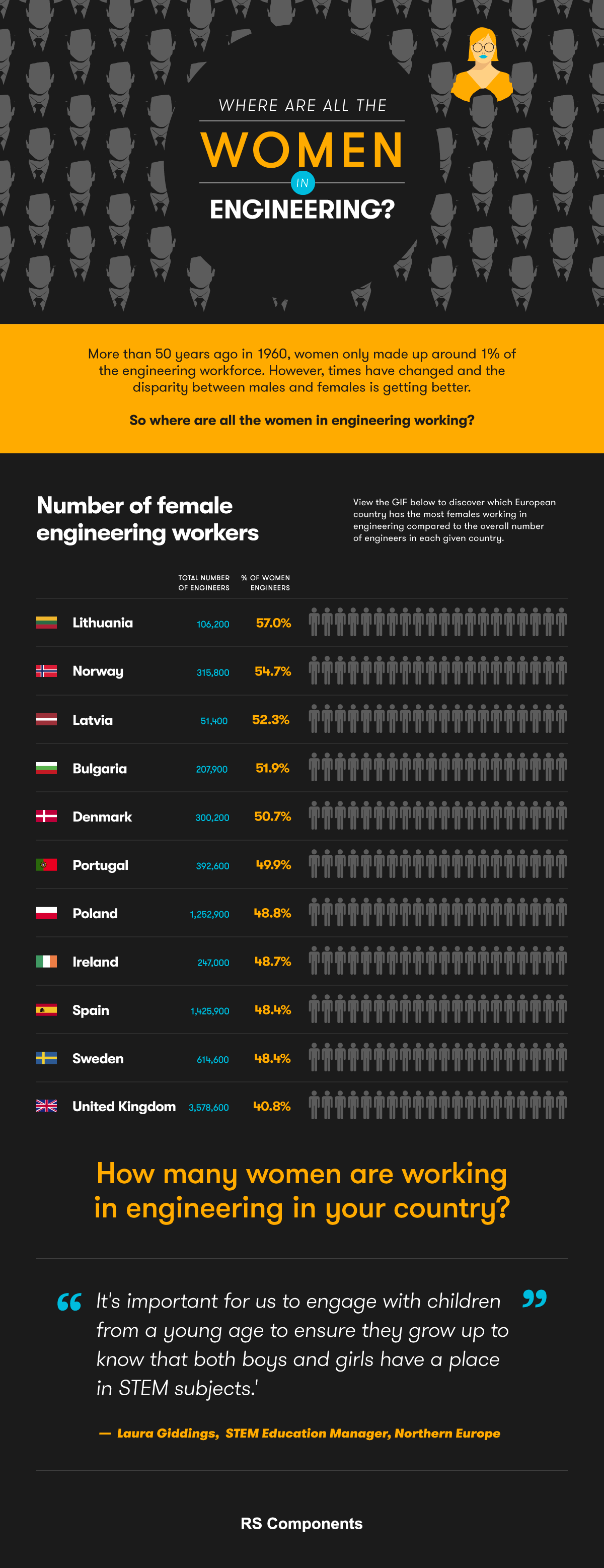
When Reshmi Dutt-Ballerstadt asked a large group of underrepresented faculty members why they left their higher education institutions, they told her the real reasons for their departures -- those that climate surveys don't capture.
What if libraries agreed to continue paying the subscription fees to journals that they were already subscribing to, only the journals flipped to open access?
Hilal A. Lashuel's experiences have taught him that maintaining good mental health and balancing life and work is a struggle everywhere in academia.
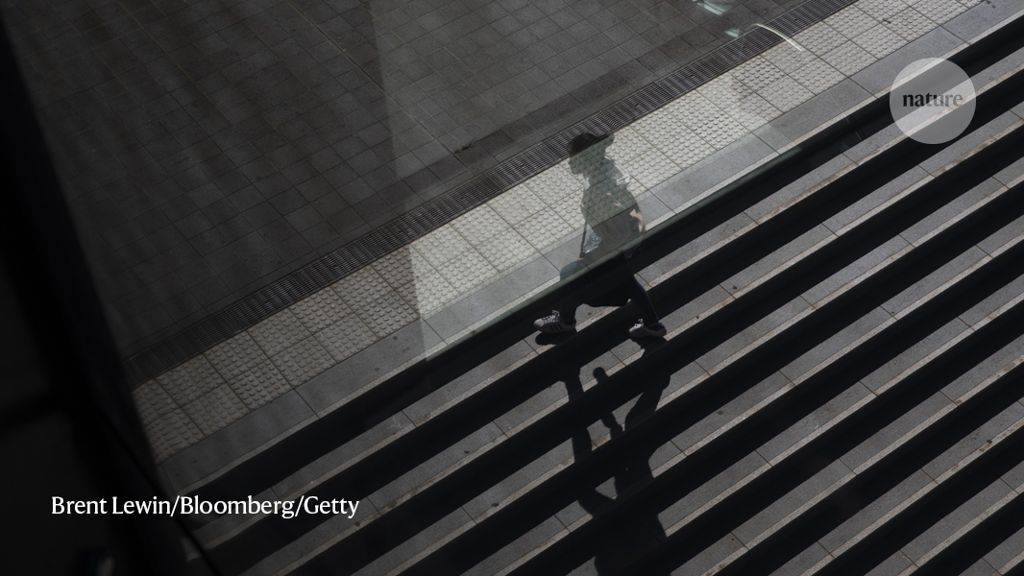
The coronavirus (COVID-19) outbreak exposes an inconvenient truth about science: the current scholarly communication system does not serve the needs of science and society.
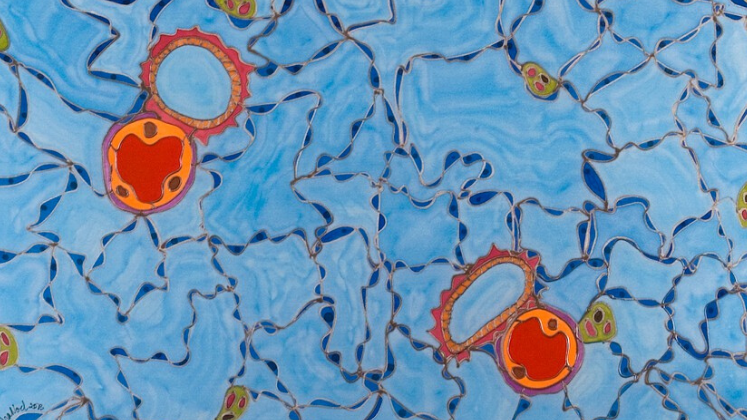
We should be nurturing the kinds of publishing cultures we want to see: those that value the labour needed to care for publishing and that work in harmony with research communities rather than extract from them, argues Samuel Moore.

Science and scientists face crushing opposition. In addition to silent-spreading disease and a burning planet, they must take on the moneyed, the godly, the dictatorial and Mike Pence.
